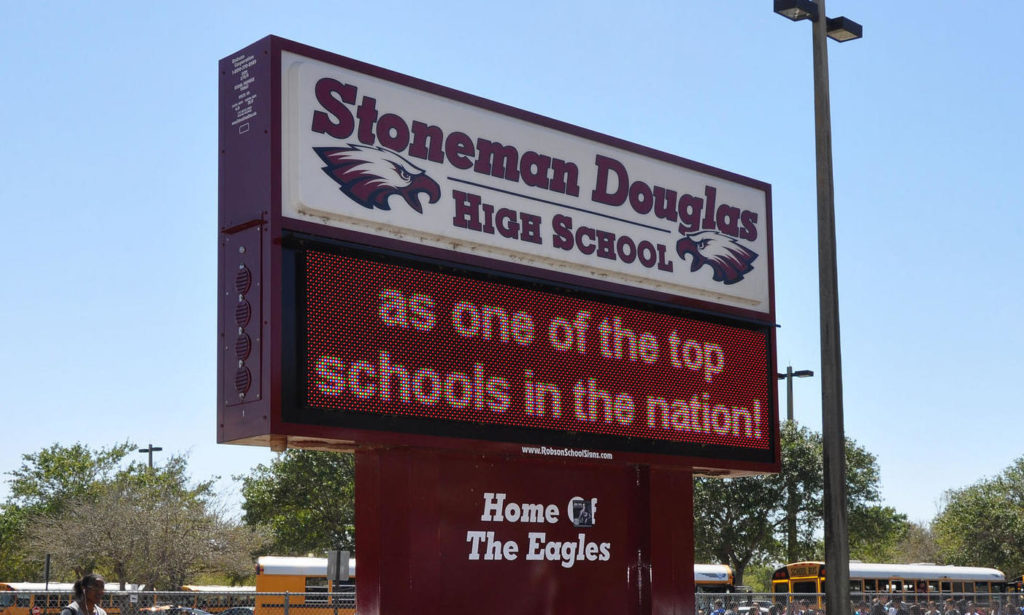Why these Stoneman Douglas kids are succeeding when others have failed

Any suggestion that the Parkland survivors demanding gun control are “crisis actors,” or anything but innocent people thrust into global attention by tragedy, is obscene. However, the unexpected revitalization of the gun control movement after Parkland is a compelling manifestation of the force of social privilege in a society in which power and status are not distributed equally or fairly. Indeed, we are witnessing a historic example of people with unearned privilege using it to help others without it.
Parkland, Florida is ethnically diverse (32% non-white), and economically blessed. The median household income in Parkland is over $131,000, more than double the state median of $51,000. The median home value in Parkland is nearly $600,000, or more than triple the state median value. Nearly 60% of adults in Parkland have a college education, compared to less than 30% statewide. Unsurprisingly, Parkland youth and parents feel entitled to change the path of history.
Parkland is not the first well-off U.S. community to suffer a school massacre. Newtown, CT (Sandy Hook) and Littleton, CO (Columbine) are also more prosperous than the average state community. However, Parkland sparked major change; perhaps because the survivors are young adults, not the children at Sand Hook, and what happened to them has ceased to shock, but still disturbs. Until Parkland, families thought that sheltering their children from television cameras after a mass-shooting was a protection; that is no more.
The Parkland students are not alone; they have inspired thousands, perhaps millions, of high school students to join them in protest. Like the Vietnam War fifty years ago, young people now realize that gun violence is a remorseless arbitrary existential threat that must be stopped or life cannot continue: Once again, The Whole World is Watching.

